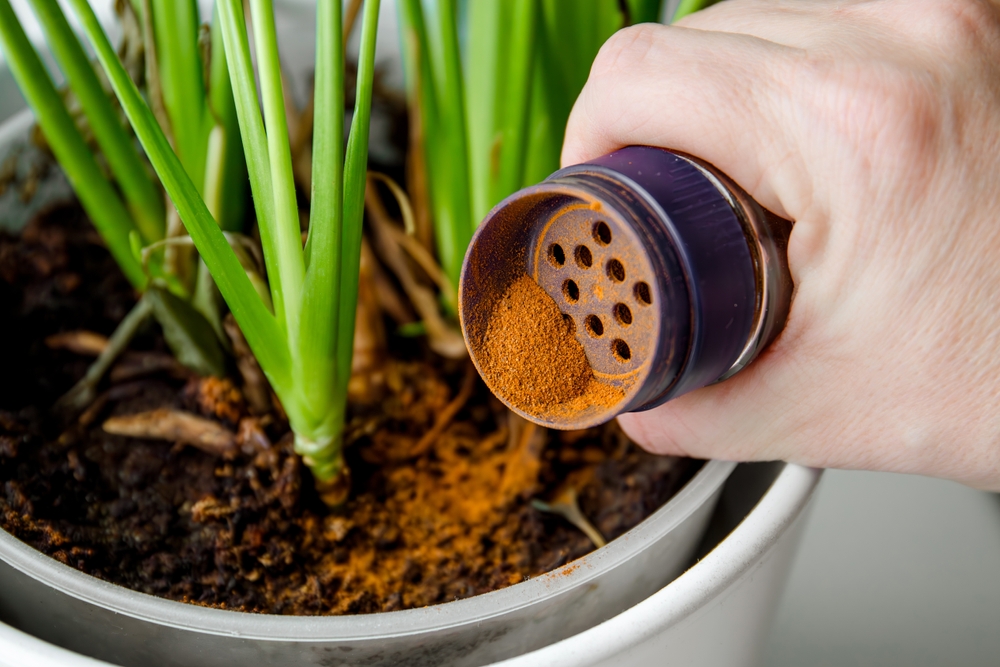More than just a baking staple, cinnamon is gaining ground as a natural, eco-friendly tool in the garden
Others are reading now
Cinnamon may be best known for adding warmth to cookies and curries in the kitchen.
But according to gardening experts, it’s also a surprisingly powerful tool for plant health.
As reported by The Mirror, this aromatic spice is an eco-friendly remedy against fungi and insects—and a secret weapon for gardeners looking to avoid chemical alternatives.
Natural Defense Against Fungal Infections
Cinnamon’s natural antifungal properties make it especially useful for treating common plant diseases like white mold—a fungal infection that affects over 360 plant species, including beans, lettuce, and cabbage.
Also read
Typical signs of white mold include spots, yellowing, and wilting of leaves.
Used as a preventative or treatment, cinnamon can help plants recover and stay healthy.
Want to try it yourself?
Mix cinnamon with water, let it sit overnight, then filter and pour the solution into a spray bottle. Spritz directly onto the affected areas.
It’s a chemical-free, homemade plant spray that could give commercial fungicides a run for their money.
Cinnamon as an Insect Repellent
Cinnamon isn’t just tough on fungi—it also helps ward off insects.
In particular, ants are known to avoid areas where cinnamon powder has been sprinkled.
The gardening site GardeningKnowHow suggests using it in greenhouses and even indoor areas to create a natural barrier against these tiny invaders.
Simply dust a small amount around your plants, pots, or garden edges. No sprays, no traps—just the spice doing its job.
Bonus Tip: Coffee Grounds for the Win
While you’re digging through your pantry, don’t toss those used coffee grounds.
According to GardenersWorld.com, they’re great for compost and can be sprinkled around garden beds to improve soil structure and add nutrients.
Just use them sparingly—too much can actually compact the soil and limit drainage.



